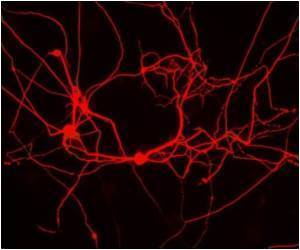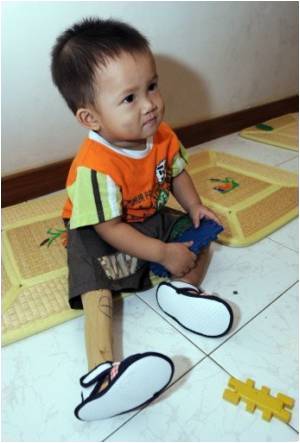The sense of direction is inherent in newborn rats, reveals a new study carried out in Britian.

The directional signal, which allows the animal to know which way it is facing, is already at adult levels as soon as it can be measured in newborn rats. Sense of place is also present early, but improves with age.
Representations of distance appear a few days later.
"The question of how we acquire knowledge of the outside world and form our sense of place in it is one that has challenged both scientists and philosophers for centuries," said Dr Francesca Cacucci, UCL Institute of Behavioural Neuroscience, one of the authors of the paper apperaring in the journal Science.
Cacucci added: "This work clarifies the processes involved for the first time, and shows that the concept of space is something that develops very early - most likely within the first two weeks of being born, and is unlikely to have been learnt."
In the study, scientists monitored the activation, or 'firing', of three different types of spatial neurons in the brains of rats, specifically in an area of the brain called the hippocampus.
Advertisement
Dr Thomas Wills, UCL Department of Developmental and Cell Biology and author of the paper, said: "We want to know how early each of these three types of spatial cell develop and in what order. This will provide us with clues about how the system gets wired up."
Advertisement
Professor O'Keefe, another author from the UCL Department of Developmental and Cell Biology, said: "Given that we have found that some aspects of the spatial representation come into play so early, within two weeks of birth, we think that space could be a sense that is developed independently of any experience; rather than growing out of experience of the world, if it could provide a conceptual framework for experience in the first place, a view first advocated by the 18th century philosopher Immanuel Kant."
Source-ANI









